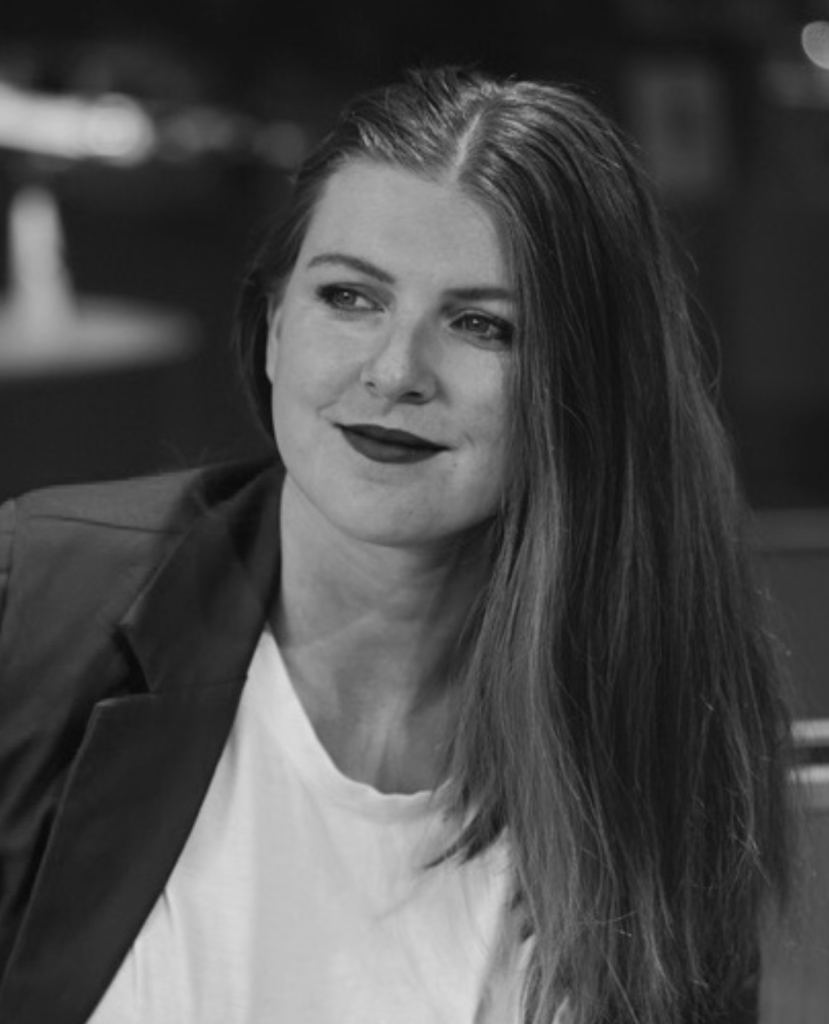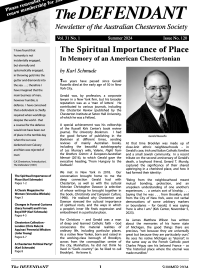
A new magazine that is both traditional and radical in its approach – and published in a printed form that exemplifies careful design and inspiring beauty – is a rare event. The Founding Editor of Mathilde magazine, Veronika Winkels (pictured), explains the reasons for this unusual venture. You can subscribe at Mathilde.
This article was first published by the Australian Classical Education Society, whose President is Kon Bouzikos, and is reprinted with the Society’s kind permission.
Wandering into a newsagent today you will find magazines covering fishing, motorbikes, science, politics, history, new technologies, and more. But the monopoly is still held by what are generally described as ‘women’s interests’: rows of publications about weddings, cake decorating, craft, health, and, of course, celebrity gossip.
How then, could any woman still see a gaping hole? Because there is one—where a publication dedicated to the philosophical and cultural contributions of, and impact on, women ought inhabit.
So, while we have copious amounts of magazines on weddings, we have none on the wisdom of the past; on food and fashion but not philosophy; on pop culture but not high culture.
What have women done to deserve this neglect? Is it simply that no one thought Klimt or Kant would appeal to a female audience so much as the Kardashians? Perhaps that was the safer bet. Alternatively, believing women would be interested in engaging in such conversations as how we might relate to Homer’s Odyssey, or how Wollstonecraft can still guide women today, was the greater risk. We took it.
Mathilde (pronounced ‘Matilda’ and meaning ‘battle-maiden’) is dedicated to protecting the endangered species of age-old wisdom, the pursuit of excellence, and celebration of art and culture at a time when expediency, technology, and radical individualism occupy the popular imagination as the highest good.
In the face of cancel culture, Mathilde seeks to create a space to explore ideas that may or may not fall within accepted narratives about women, culture, and history, in a continual search for truth rather than a naïve belief in the triumph of progress. Anchored in the belief of women’s distinct, inimitable, and irreducible value; we aim to encompass this with the term ‘reclaimed feminism’.
A mission that has everything to do with the Liberal Arts.
The irony is that, while six of my nine siblings attended Australia’s first and still-only Liberal Arts college, Campion College, I elected not to, instead opting to undertake a Bachelor of Arts at Melbourne University, perhaps the nation’s hottest hotbed of the type of deconstructivism and secular humanism.
Why would an immersion in the alternate world of queer theory and feminist studies seem more appealing to me? Arts at Melbourne University was an education, if not in the way it sought to achieve. But as the injunction to “hold fast to what is good” is preceded by the equally important one to “test everything”, I felt I had to both test the strength of my love for the Classics and my conviction of their importance, by placing myself in an environment where I would need to defend them.
I wanted to see which world would present itself as the more attractive: one untethered from history, in a perpetual state of self-actualization, or in one which is built upon the ages, which in the words of Isaac Newton, accepted it could see so far because “it stood on the shoulders of giants.”
Perhaps it simply came down to indolence. I couldn’t be bothered with a philosophical outlook which demanded me to reinvent the wheel all over again. I was just happy to learn about the roads it has since traveled, and can travel still. This does not mean that ideas such as those about women and very many other things have been ‘settled.’ The beauty of a wheel is that it keeps on turning.
To complete the irony of not attending Campion College, I gave an address at the 2023 Chesterton Conference which was held there, to discuss my complex, but ultimately companionable relationship with its namesake.
The theme for that conference was ‘The Rise of a Counter-culture.’ Indeed, Australia has been showing signs of a growing interest in a new cultural springtime, as increasing enrolments at Campion College, and the growing adoption of Classical curriculums in schools, both secondary and primary, around the country show.
This is an act of hope, and confidence.
Like founding a magazine.
